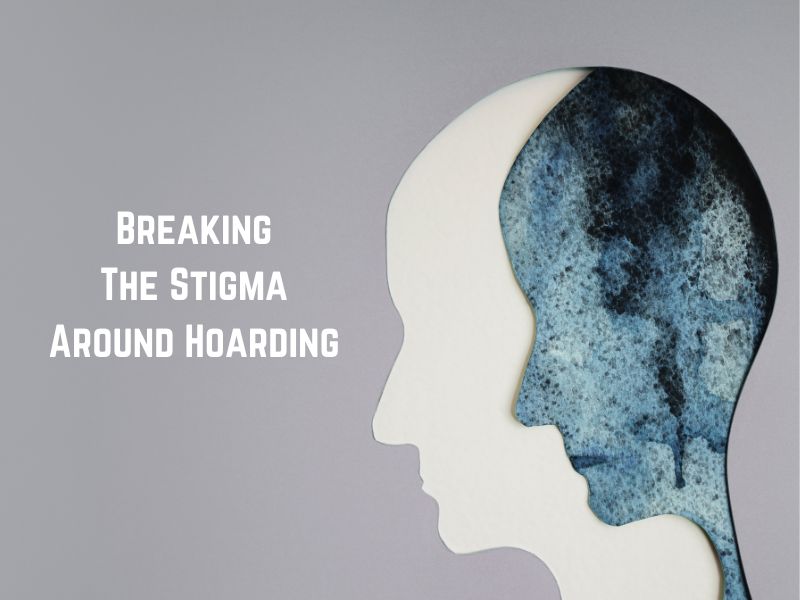Introduction:
Within the challenging landscape of trauma cleanup, few tasks carry as much emotional weight as hoarding cleanup. Hoarding disorder, a complex mental health condition, extends beyond clutter to involve the excessive accumulation of items and the persistent difficulty in parting with them. The aftermath of hoarding necessitates professional intervention. The stigma surrounding both hoarding disorder and the clean-up process can cast a shadow on the crucial work undertaken by companies like Trauma Clean 24 Seven.
The Invisible Struggle:
Hoarding represents more than a disorganised living space; it is a tangible manifestation of underlying psychological issues. Those grappling with hoarding disorder often find themselves isolated and judged by society. The cluttered surroundings become a visible representation of internal struggles, making it challenging for individuals to seek help. The reluctance to seek assistance is rooted in the fear of judgment and the pervasive stigma associated with hoarding.
The Vicious Cycle:
The stigma surrounding hoarding extends to the professionals tasked with addressing the aftermath. Trauma clean-up companies like Trauma Clean 24 Seven play a pivotal role in restoring order and safety to these environments. However, the lack of understanding about hoarding disorder can result in unfair judgments against both the individuals struggling with hoarding and the professionals providing crucial clean-up services.
The Stigma Around Hoarding Clean-up:
Despite the essential nature of their work, trauma clean-up professionals face their own set of challenges due to the stigma associated with the nature of their job, particularly when it involves hoarding clean-up. Society’s discomfort with discussing the aftermath of traumatic events or mental health conditions often leads to misinformation and misunderstandings. This lack of awareness can hinder the effective communication of the vital role these professionals play in restoring spaces affected by hoarding disorder.
Championing Empathy and Understanding:
It is imperative to recognise that hoarding disorder is a mental health condition that demands compassion, empathy, and professional intervention. Rather than perpetuating the stigma, it is our collective responsibility to foster understanding and awareness. By destigmatising both hoarding disorder and the clean-up process, we can create an environment that encourages individuals to seek help without fear of judgment.
The Role of Trauma Clean 24 Seven in Hoarding Clean-up:
Trauma Clean 24 Seven stands at the forefront of breaking down the stigma associated with hoarding clean-up. Their team of dedicated professionals understands the complexities of hoarding disorder and approaches each clean-up with sensitivity and expertise. By emphasising the human aspect of their work, Trauma Clean 24 Seven aims to redefine the narrative surrounding hoarding and hoarding clean-up. contributing to the overall well-being of those affected by hoarding disorder.
Conclusion:
The stigma surrounding hoarding disorder and its clean-up is a significant barrier to both individuals seeking help and the professionals providing essential services. It is time to break the silence and foster a culture of empathy, understanding, and support. Trauma Clean 24 Seven, plays a vital role in this transformation by humanising the process. Along side providing a compassionate approach to hoarding disorder and hoarding clean-up. Through education and open conversations, we can create a society that dismantles the stigma surrounding these issues, ultimately contributing to the healing and recovery of those affected by hoarding disorder.
Did you know? We offer a range of other specialist biohazard cleaning services including after death clean up, needle clean up and trauma and crime scene clean up. Contact us on 0203 6408 247 or email us at [email protected] for further information.

